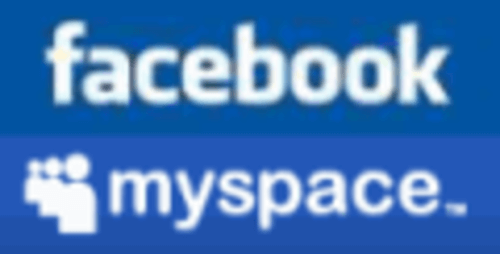Rupert Murdoch, the 78-year-old CEO and chairman of News Corp., just gave a revealing interview to The Street’s Dan Freed. In this interview, Murdoch argues that the latest head-count reduction at MySpace was necessary because the number of employees at the company had grown out of control. In addition, he also told Freed that he wants the site to be very different from Facebook, which, in his eyes, is nothing more than a directory, while MySpace is a place “to find common interests, share music, that sort of thing.”

In the same interview, Murdoch also says that he has no idea how to monetize Twitter and that nobody has actually figured out how to monetize “the Web today to any extent other than search.” Micro-payments, in the eyes of Murdoch, are also not a good alternative to advertising revenue, though he still thinks that subscription models for his papers along the lines of what the Wall Street Journal currently does might be a solution for monetizing news content.
Facebook: Just a Directory
With regards to Facebook, we can’t help but think that Murdoch must be willfully oblivious to the fact that the service’s users are abandoning the company in favor of Facebook. Just a simple look at the current traffic stats for both services tells a very clear story about the abysmal state MySpace is finding itself in today. While Facebook is growing rapidly, MySpace’s traffic is, at best, staying flat. And to think of Facebook as nothing more than a directory just ignores the reality of how users are using the site and what Facebook’s management team envisions the service to be.

Maybe before Facebook turned into the platform it is today, that statement could have held true, but today, to imply that users on Facebook don’t go to the service to find others with common interests is simply wrong.
Micro-payments: Not a Solution
We have to agree with Murdoch, though, that micro-payments are probably not a viable solution for monetizing news content on the web — though we would argue that some people have managed to make a living off the Internet from doing things other than just monetizing search.
So far, users have also resisted subscription models for online newspapers. The only exception here is the Wall Street Journal, which is really a special case, and only time will tell if readers are willing to buy online subscriptions to their favorite papers.
Image credit: Wikimedia Commons
















